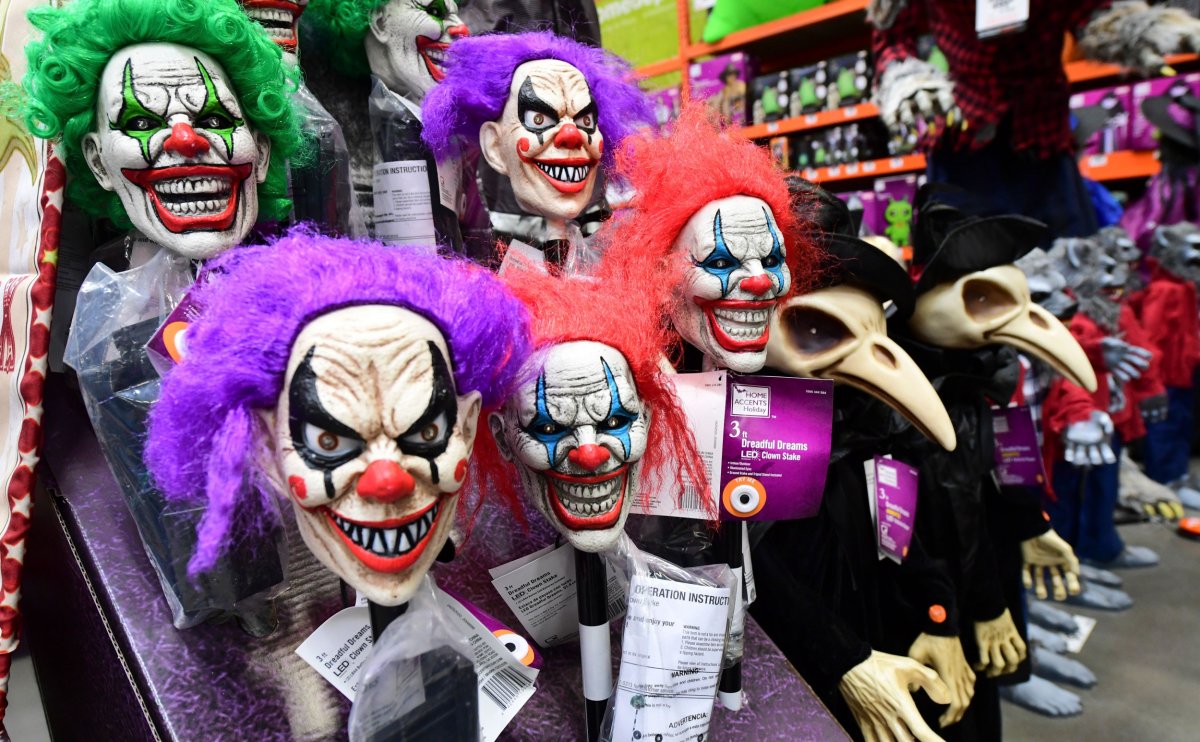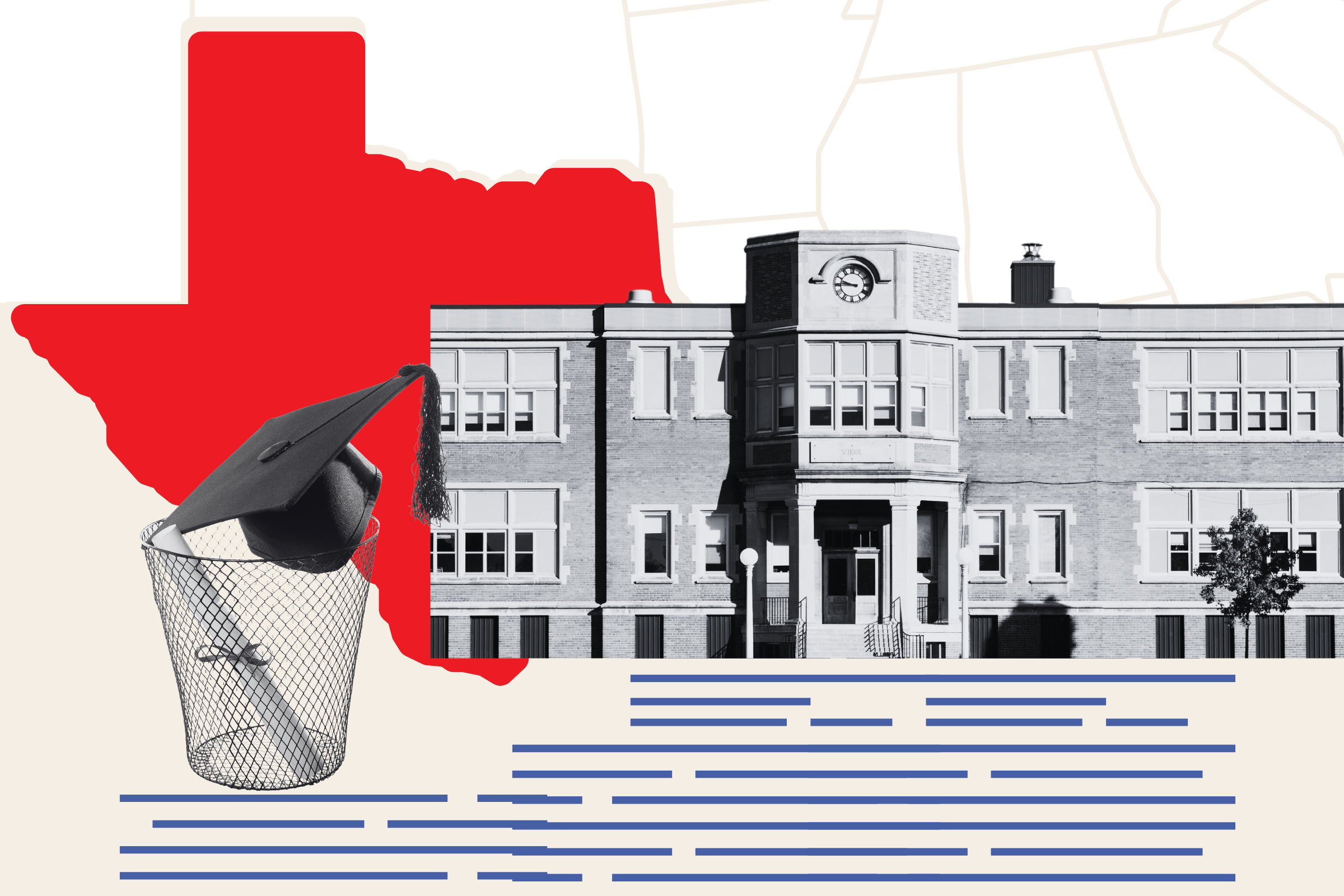With all the skeletons, witch hats and spider webs decorating homes and stores across the nation during Halloween—not to mention the plethora of horror movies widely available during the month of October—it seems fitting to call it "spooky" season.
However, there are connotations associated with the word "spooky" that are much more horrifying than the ghosts to which the term usually refers.
According to Merriam-Webster, the word "spooky" is defined as, "relating to, resembling or suggesting spooks." A further break-down of "spook" gives way to the meaning, "ghost, specter" or "an undercover agent: spy." But the Dutch word describing apparitions, which first came into use around the 19th century, took on a more sinister meaning around World War II, when white American soldiers started referring to their Black counterparts as "spooks."
Originally, pilots of the Tuskegee Institute—derived of the first Black military aviators in the U.S. Army Air Corps—were called the "Spookwaffe"—a play on the German term "waffe," which means weapon or gun. When airmen returned from their posts with the nickname, white Americans caught wind of the name and began linking the term "spook" to blackness, thus resulting in the word transitioning into a racial slur and its derogatory use.
Author Sam Greenlee did attempt to revive the word's initial definition with his 1969 book The Spook Who Sat By the Door, which was later turned into a feature film in 1973. The plot follows the fictional story of the first Black CIA agent Lawrence Cook, and the reference of the word "spook" serves as a reference to the fact that he is a spy, although the term is also used in a racially offensive way by those who Lawrence encounters throughout the book and movie.
Over the years, people have increasingly used the word to describe moments of feeling frightened. However, there have been times when organizations and individuals have come under fire for using the word.

Back in 2018, an elementary school in North Carolina came under fire when a student came home with new vocabulary words to memorize—"spook" and "gook," the latter of which is an offensive term to people of East and Southeast Asian descent. That same year, the Houston Museum of Natural Science had to issue an apology to its members after a mass email was sent with the subject line: "Party With Spooks."
Even Target has faced backlash for using the word. The retailer was forced to remove a toy dubbed "Spook Drop Parachuters" from its shelves and inventory after people complained of its racist meaning in 2010.
Uncommon Knowledge
Newsweek is committed to challenging conventional wisdom and finding connections in the search for common ground.
Newsweek is committed to challenging conventional wisdom and finding connections in the search for common ground.
About the writer
Michigan native, Janice Williams is a graduate of Oakland University where she studied journalism and communication. Upon relocating to New ... Read more
To read how Newsweek uses AI as a newsroom tool, Click here.








